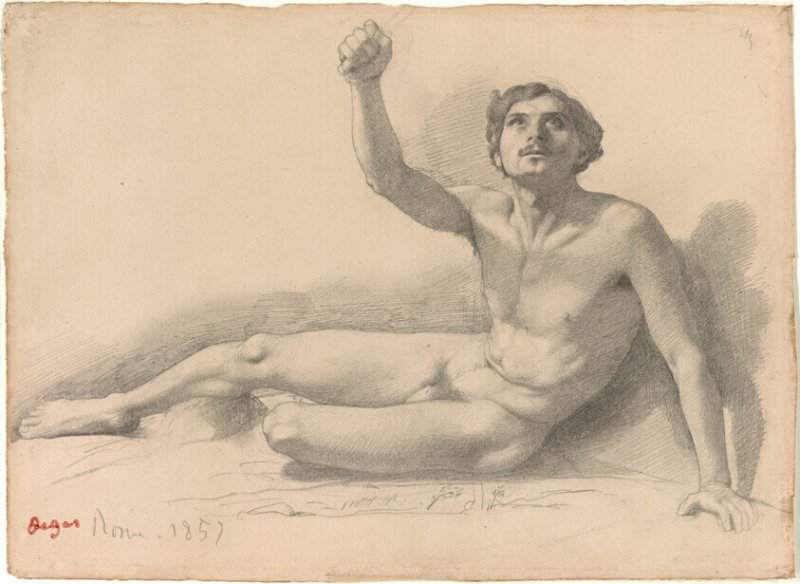
The analysis, which combined 96 studies looking at 177,000 subjects from around the world across a wide variety of cultures, was published in February to the journal eLife.
Lead author Dr. Linda Lidbor, whose academic focus is on the traits that influence human mating decisions, and her colleagues found that men who were more muscular and physically stronger reported having more sexual partners. They also fathered more children. Height, testosterone levels, and a deeper voice predicted mating success to a lesser degree, but none of these traits were linked to having more kids. Masculine facial features like a squared jaw and a prominent chin were not associated with increased mating or reproductive success, nor was a masculine finger digit ratio, in which the index finger is relatively shorter than the 4th (ring) finger.

The researchers say the results support the theory that, as humans evolved, males competed with each other for females’ attention, and that women usually chose (or were forced) to mate with the winners.
“In species with male intrasexual competition, males tend to evolve to become larger, stronger, and more formidable than females, as they are in humans,” they wrote.

Though being strong and muscular unquestionably bolsters men’s ability to woo women, it is not the only trait that matters, not even close. Lidbor and her co-authors note that while muscularity’s positive effect on mating success was by far the largest compared to those of all the other examined traits, it was still small overall. Yes, strong, muscular men tend to have more sex and father more children, and this will show up in a large study. But at the individual level, all sorts of other factors like personality, wealth, and style play sizeable roles, not to mention simply being a decent person.
Ross Pomeroy studied Zoology & Biological Aspects of Conversation at University of Wisconsin-Madison and used to be a zookeeper. Ross is now an editor at Real Clear Science. Follow Ross on Twitter @SteRoPo
A version of this article was posted at Real Clear Science and is used here with permission. Check out Real Clear Science on Twitter @RCScience































